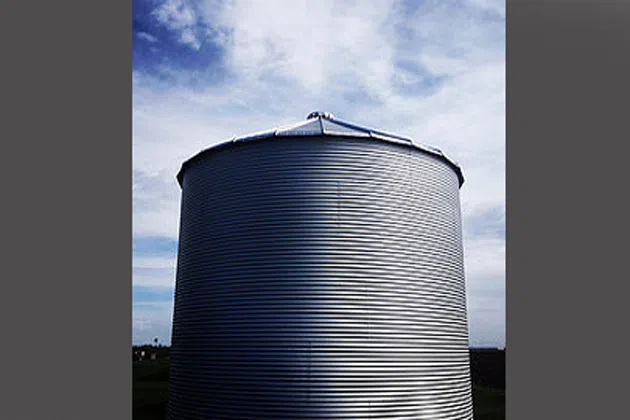
By Cole Lauterbach/Illinois Radio Network
SPRINGFIELD – A survey of rural banks shows tight living for communities in Illinois and elsewhere across the Midwest, mainly due to low grain prices. More than half of the bankers surveyed have had to restructure loans for farmers.
Creighton University’s monthly Rural Mainstreet Index asks the presidents of small, community banks in 10 Midwestern states about the economic health of their areas. Their September report listed their 0-100 index at just under 40, the lowest score of 2017. A score of 50 is neutral and anything below shows constriction in the local economy.
More than half of the bankers said the drought-like conditions had a negative impact in their area. Illinois was slightly higher than average at 42 but economics professor Ernie Goss said low commodity prices cut into rural savings accounts and the communities around them.
“It ripples all the way into Omaha,” he said. “Whether you’re in Minneapolis or Chicago, you feel the effects of lower income in Illinois.”
Goss believes the economic hardships farmers are experiencing in recent years will factor into ongoing conversations about re-tooling the federal Farm Bill as well as trade agreements.
Jaclyn Martinie, vice president and senior credit manager with Farm Credit Illinois, said the toughest thing for farmers to do is restrain family spending from year-to-year due to a downturn in profits.
“The rest of a population is on a salary which is ever-increasing,” she said. “Farmers have to adjust based on commodity prices.”
Some of Farm Credit’s customers in Southern Illinois have been experiencing shortages in cash flow, sometimes requiring a restructuring of debt to make payments more manageable in times of low profits, she said.
Larry Miller farms in rural Franklin County. He’s heard a lot of mixed fortunes in terms of crop yields this fall.
“Yields have been highly variable,” he said. “I’ve heard some good yields, but I’ve heard of some areas that aren’t very good.”
When asked about whether or not the 32 percent state income tax increase in July factored into the farmers’ lowered profit margins, Miller said it’s irrelevant this year.
“You don’t pay income taxes if you’re not making any money,” he said.




